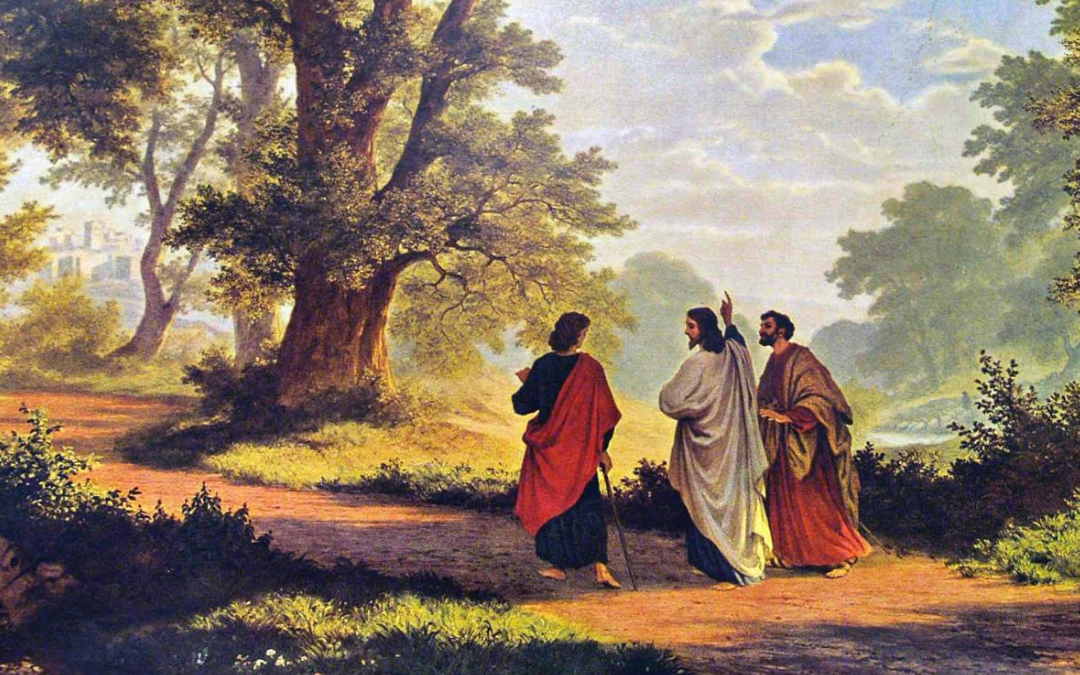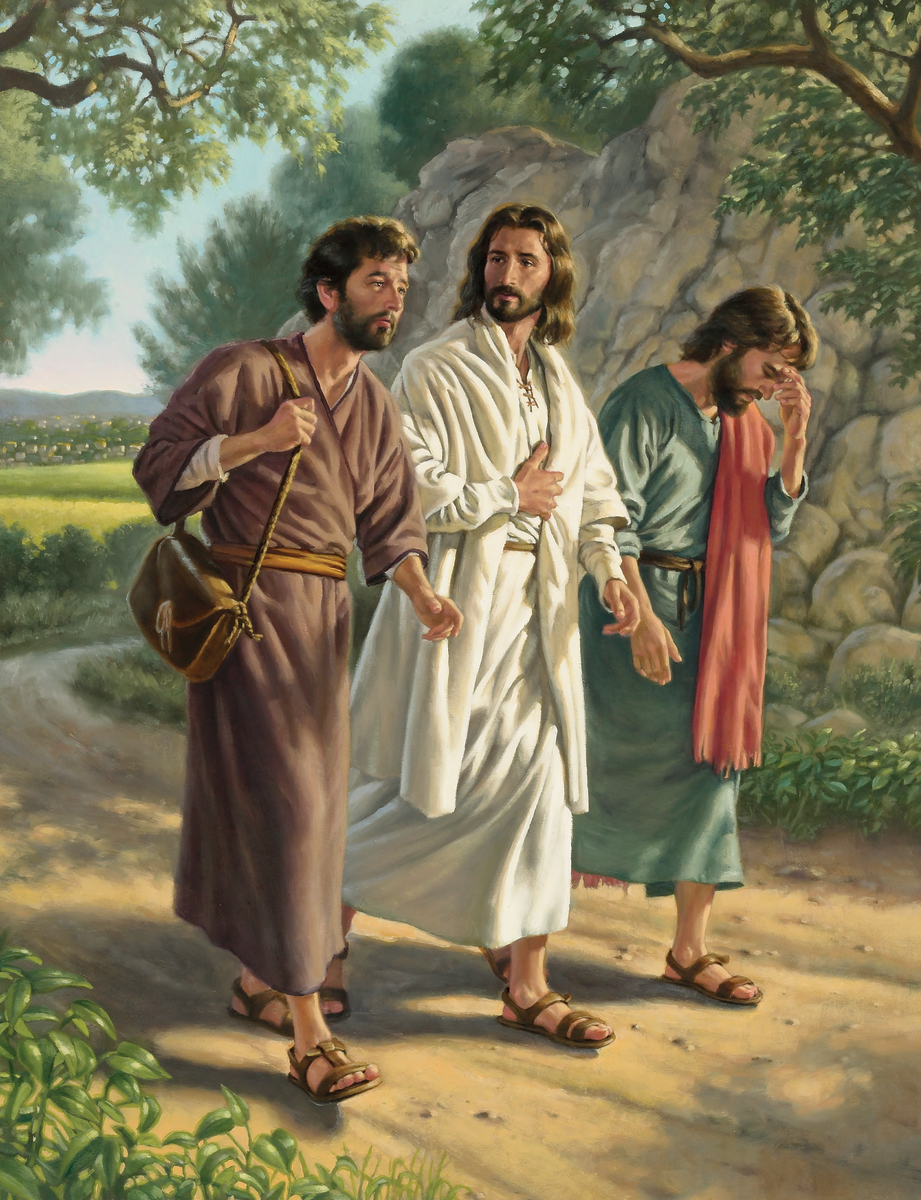
This weekend is Mother’s day. Throughout the entire life of Jesus on earth, until He ascended into heaven, He honored His Mother in a very special way, and we should do the same, with our earthly mother and our heavenly Mother, as well.
Jesus first and foremost honored His Mother Mary, by preserving Her from every stain of sin from the moment of Her Immaculate Conception. He honored His Mother, when He sent the angel Gabriel to Her, asking Mary, to be His Mother. Of all the women in the world, She was chosen to be His Mother. After Mary gave Her yes, Jesus honored His Mother when the Holy Spirit came down upon Her, as He descended from heaven into Her womb. He honored Her by forming His body, inside her, in which She carried Him for nine months. In Bethlehem, She gave birth to Jesus and wrapped in swaddling clothes. She received the privilege of nursing Him, tenderly rocking Him, in Her sweet arms and loved Him dearly. She cuddled Him, and kissed His sweet cheeks. She washed His diapers, made His clothing, cooked His food, taught Him to walk, to eat, to talk, to write, to sing, to read the Sacred Scriptures. She nurtured Him, and clothed Him in Her mantle. As a Mother, She spoke to Him, and He spoke to Her.
It was through Her intercession, He worked His first miracle, at the wedding feast of Cana. She came to visit Him in various places, and most likely fed His disciples, whenever He would bring them home. She heard of His arrest, perhaps watched His trial, His scourging at the pillar and met Him, as He carried His Cross.
She stood at the foot of His Cross, watched Her only Son slowly die a terrible death. After taken from the Cross, She placed Him in Her arms, and helped take to the tomb, She must have greatly sorrowed for Her precious Child. But was filled with joy, when He appeared to Her before anyone else. And 40 days later, She watched, as He ascended into heaven, on a cloud, knowing someday, She would join Him.
However, not all mothers are like the Virgin Mary. Due to original sin, mothers are weak, and sometimes fail, as mothers.
When I was in Calcutta India, working with the poorest of the poor with Mother Teresa’s sisters during the Jubilee year, I visited a home for orphaned children. The children were unwanted because they were born with defects. Some had no arms or legs, others had down syndrome. Others had diseases such as leprosy. There were wall-to-wall cribs, with literally hundreds of babies, whose mothers abandoned them, and all in a large room. The children would cry and cry, and were starving for love and a mother. But no mothers were to be found. Their society is different than ours, or perhaps, not so different, because instead of abandoning their children, we deem some some as unwanted and have abortions. But Jesus is rich in mercy and will always forgive.
Despite mothers, who have failed, we can look at our own mothers, and be grateful to God for such good and holy mothers, who sacrifice their lives, their desires, and all they have for the sake of their children. And so, we should honor our own mothers, who have had to make many sacrifices, and put up with many things to nurture us and care for us.
Our mothers gave birth to us in excruciating pain. Once born, she held us in her arms, gazed upon our face, and forgot the pain, she endured, giving thanks to God for the gift of her new born babe. Mothers seem to know why their children are crying too. They know the cry of a wet diaper, the cry of hunger, or the cry of sickness or pain. Mother’s know everything. They put their fingers, in diapers to discover it’s wet, or poopy. Mother’s wash and dry our clothes, cook our food, teach us to walk, and clean up our messes. They chase after us, especially during the terrible twos. Mothers cry, when they first take us to kindergarten. They love our first homemade mother’s day and birthday cards and treasure them, as masterpieces, and keep them in that special box in her room. They know what is best for us, by making us eat spinach and broccoli. But they also know our favorite cake, which they make for our birthdays. They changed our wet bed sheets. They came running, when we took off the training wheels, and crashed our bikes. They hug us and kiss our wounds, and make them better. Moms find tadpoles and frogs in the bathtubs, and little girls, who experiment with make-up. They take pictures of us at our music programs, and are smiles, no matter what we do. They root for us at our sports activities and encourage us
The break up fights between brothers and sisters, and teach us to apologize. They teach us to love each other, and share with others. Mothers cry, when we cry, and laugh when we laugh. They hug us, when we are down, and kiss us all the time. When boys get their BB gun, they tell us not to shoot someone in the eye. When we become teens- mothers make us wear modest clothing, tell us to turn down the music in our room, take us to sports games, tell us to be at home by a certain time, and if we are late, they worry if we have wrecked the car. They help us with our homework, but don’t have a clue with algebra. They seem to know when we are struggling and have open ear to listen. Moms are sometimes Moms to their husbands too, as they baby them, and help them, and cuddle them as well.
There are mothers, who have had to endure great sufferings. Some have had to endure the lengthy sickness of a child, and or perhaps even the death of a child, and so feel the pain of the Blessed Virgin, who stood at the Cross of Her Son, at His death.
Sometimes we cause our mothers to cry. Some of us may have gotten lost as a child, or threatened to run away from home. And so, mothers understand how Mary felt, who couldn’t find Jesus, for three days.
Out of anger, we may say to our Mom, “I hate you!”, or “You don’t love me anymore.” Or “You embarrass me in front of my friends”. We hurt their feelings, when disobedient, when we lie, or call them a name. But mothers always forgive, and teach us to forgive. They always love and care for their children, no matter what we do. And when we go to college and fall away from the Church, our mother’s hearts are in anguish, as they pray for us to come back to God. Many a night, mothers will cry tears of sorrow, on her pillow, for us, her children, whom she loves.
In imitation of the Blessed Mother’s love for Her Son, and for all Her children, though not perfect, our mothers do their best, and love us dearly. At the Cross, Jesus wanted didn’t want His Mother to be alone, so He said to John, “Behold thy Mother.” and then took Her into his home.
And so, we too should take care of our mother, all they way to the end, because she cared for us, when we couldn’t do it our self. When she gets old, we may need to change her diaper, to help her bath and when she gets confused, we will hug her, just as she hugged us when we were confused.
Today, let us give thanks for our mother, and for all she has done for us. And if our mother is heaven, let us pray a prayer for her, knowing she would rejoice and smile, as though today was the day, we had made our first mother’s day card, just for her.
And during this month of May, dedicated in honor of our heavenly Mother, the perfect mother. Let us ask Mary to help us to stay close to Her Son. She will always be there, in good times, and in bad. Will listen to us, and help us, in ways our natural mothers can’t. And someday, Our Blessed Mother will bring us to Jesus, Her glorified Son, who sits at the right hand of the Father in heaven. Today, let us pray a rosary for our mother, and remember to pray to our heavenly Mother, who deeply loves and cares for us, with a mother’s heart.
Knock Knock.
Who’s there.
Baby.
Baby Who?
Your baby.
My baby?
Yes, I’m inside of you.
What’s your name?
I don’t have one, you haven’t named me yet.
What do you want?
I want out of here. Its getting cramped and I can’t move around very much.
But, its not your time.
Well, when will it be time?
When my water breaks.
What’s that?
Your in a bag filled with water and when it breaks, you will come out.
How can I get out?
Well, if you jump up and down and throw your first temper tantrum, then you will come out.
It's dark in there now, but when you come out, it will be bright and you will see the most beautiful colors and see my face. I will hold you in my arms. I will hug and cry tears of joy. You will see me and I will see you. I will kiss you and make you smile. But for the rest of your life, however, you are to honor and obey me.
Well, that’s not fair.
I think I will stay here for awhile.
Love you mom!











